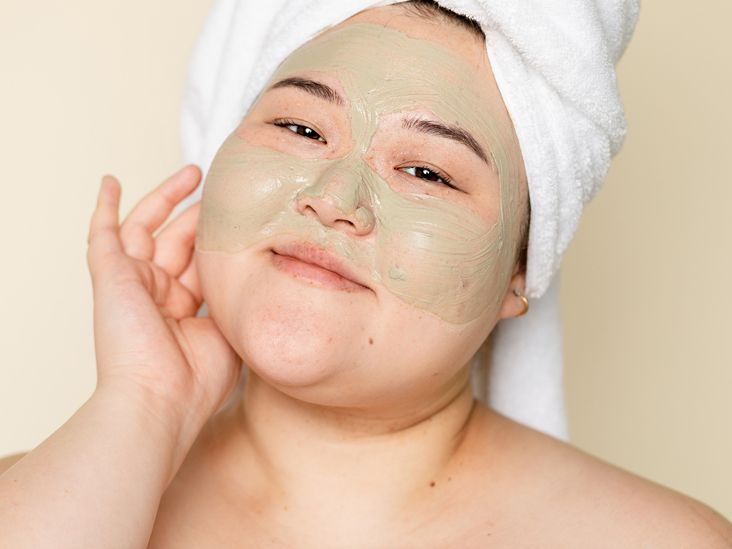Crepost Insights
Exploring the latest trends and stories in the world of news and information.
Skincare Secrets Your Derm Won't Tell You
Uncover the skincare secrets your dermatologist won't share! Transform your routine and reveal radiant skin with expert tips and tricks.
The Hidden Benefits of Double Cleansing: Why Your Derm Might Not Mention It
Double cleansing, the two-step method of cleansing your skin, is often overlooked by both skincare enthusiasts and dermatologists alike. This technique involves using an oil-based cleanser first to dissolve makeup and excess oil, followed by a water-based cleanser to remove impurities and sweat. The hidden benefits of double cleansing are numerous, as this approach not only ensures that your skin is thoroughly cleaned but also prepares your skin for better absorption of subsequent skincare products. According to a [study by the International Journal of Dermatology](https://www.ncbi.nlm.nih.gov/pmc/articles/PMC4968728/), incorporating double cleansing into your routine can significantly enhance skin hydration and balance, leading to a healthier complexion.
Many dermatologists may not emphasize the importance of double cleansing simply because not every skin type requires it. However, the hidden benefits of double cleansing extend to all skin types, especially if you live in urban environments or use heavy makeup. By removing debris and excess oil effectively, double cleansing helps prevent clogged pores and breakouts. Moreover, it can aid in reducing the effectiveness of several skin aging factors, such as pollution and UV exposure. For more information on why your derm might not mention this technique, check out this insightful article from [Harvard Health Publishing](https://www.health.harvard.edu/staying-healthy/skin-care-101-the-basics).

5 Skincare Myths Debunked: What Your Dermatologist Won't Tell You
The world of skincare is rife with myths that can lead to confusion and even harm to your skin. One prevalent myth is that oily skin does not need moisture. In reality, even oily skin types can benefit from proper hydration, as not using a moisturizer can lead to an overproduction of oil. According to the American Academy of Dermatology, it's crucial to choose non-comedogenic products to maintain skin balance without clogging pores.
Another common misconception is that natural products are always better for your skin than synthetic options. While natural ingredients can be beneficial, they can also cause allergic reactions or irritation. A study published in the National Institutes of Health found that some natural ingredients may not be safe for all skin types. It’s essential to consult with your dermatologist to find the most suitable products for your unique skin needs.
Is Expensive Skincare Worth It? Insider Tips from Industry Experts
When it comes to skincare, the price tag can often create a paradox: do more expensive products truly deliver better results? According to industry experts, while high-end skincare brands often invest significantly in research and development, packaging, and marketing, the effectiveness of a product often depends on its active ingredients rather than its price. Key ingredients like retinoids, hyaluronic acid, and antioxidants can be found in both budget and luxury brands, making it crucial for consumers to educate themselves on what works best for their skin type. To ensure you're getting value for your money, always check for reviews and clinical studies backing up the product's claims.
Additionally, experts recommend that consumers focus on the quality of ingredients over the brand name. A well-formulated product with effective active components may outperform a high-priced item that relies heavily on marketing hype. According to Harper's Bazaar, it's also wise to consider your skin's specific needs and sensitivities, as poorly formulated products can lead to irritation, making consumer education even more critical. In the end, whether you choose to splurge or save, understanding skincare fundamentals and making informed choices will lead to healthier, happier skin.